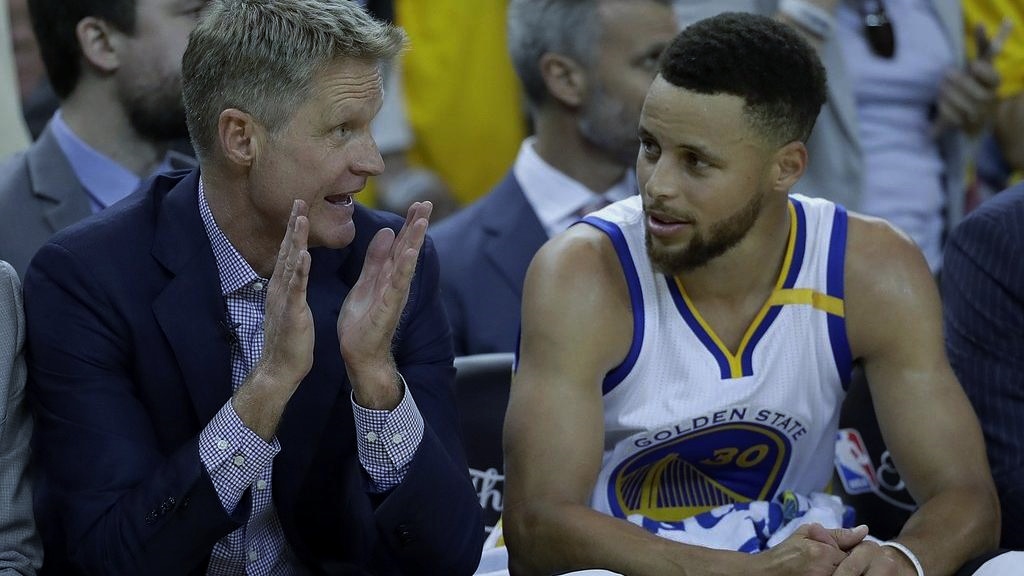
The biggest reasons for which I write down my thoughts on coaching is for reflection, clarity of thought, and to improve the way I can communicate those thoughts to others. Recently, the premiere episode of the Flying Coach with Steve Kerr and Pete Carroll Podcast (which I thoroughly enjoyed and highly recommend) stimulated my thinking of how I want to Coach and a couple of X’s and O’s chats with some fantastic Coaches reinforced the need for clarity in all areas of my coaching. The subsequent post is some of the questions and thoughts that have come up as I aim to put into words a clear and succinct coaching philosophy.
What is a Coaching Philosophy?
The question that Carroll put to Kerr – “so how are you going to coach your team?” – is at the center of what I understand to be a coaching philosophy. We all have philosophies and beliefs which shape the daily choices we make and it is the evaluation of these unique choices that is such an important (and challenging) part of determining how we will coach our respective teams.
“Any time you deal with any situation you are making a statement about who you are and what you are about”
– Pete Carroll
Building Your Philosophy
Both Kerr and Carroll talked about the self-discovery journey required to determine their coaching philosophy. Asking questions like: Who are you as a coach? What are you all about? What is important to you? What are your uncompromising principles? Help discover a personal coaching identity and uncover which values you will impress upon your team. Coaching presents a tremendous opportunity (and forces coaches) to find out exactly who they are and what is important to them. Coaches must be able to effectively communicate a clear set of values to everyone in the program in order to create the necessary space for people to perform.
“I think the biggest thing is everybody has to coach to their personality; they have to coach to who they want to be.”
– Brad Stevens
Be Who You Are
The best coaches I have been around and had the opportunity to study from afar all have their own unique style. There is a balance to strike between sharing similar values to others and defining your distinctive philosophy which I have found difficult. There seems to be a battle as I am thinking about my personal coaching values, questioning myself – Am I using too much from this coach? Not enough from that one? What do I like and don’t like? Is this an uncompromising principle for me? – but I find myself coming back to the central idea of taking pieces of what I’ve learned from others and balancing that with what I truly believe (which is often a product of that learning). The purpose of striking that balance is to live my personal approach to coaching and so that ultimately it can show itself to the players.
“Coaches, be passionate about what you do. You can’t fake passion, your players can spot that. Be real, genuine, and build trust”
– Steve Fisher
When the core values of the program come alive in the behaviours and words of the people in the program – to me that’s culture. The consistency required to establish enough trust with the players that they internalize the coach’s core values makes it tough to fake. It is easy to see when someone isn’t being genuine or if they are saying something they don’t believe – So as a coach, it will show over time whether what you say is really something you believe – Carroll references this in the pod.

The big take away I had from the podcast: I have to put in the work to know myself well enough so I can get these things right. The best way I have seen coaches have consistent alignment in their thoughts, words, and actions are to be truly authentic. Taking time to unveil who I am as a coach (currently working on it), developing a clear set of values that I am all about (part of the challenge in writing this post) and then making it come alive every day are the steps I feel give me some direction for trying to be the best coach I can be.
“The point is not what core values you have, but that you have core values at all, that you know what they are, that you build them explicitly into your organization, and that you preserve them over time”
– Jim Collins, Good to Great
I hope that some of these questions give you something to think about, I know it has helped me think. It would be great to hear your thoughts – reach out any time!
All this will continue to evolve for me over time, but at this stage, I have been able to define 4 core values in my coaching philosophy. Communication, Consistency, Care and Compete. I found it best to think about it in three parts: the core value, my definition of that value, and an example behaviour to make it come alive.
My Coaching Philosophy and Core Values
Help people realize their potential
Communication
- Definition: Figure it out together
- Example: Listen to understand
Consistency
- Show up ready to grow every day
- Be on time
Care
- Attach importance to the success of others
- Be a great teammate
Compete
- Win the moment you are in and have fun doing it
- Give your best effort
Hope this adds some value to all of you coaches out there.






